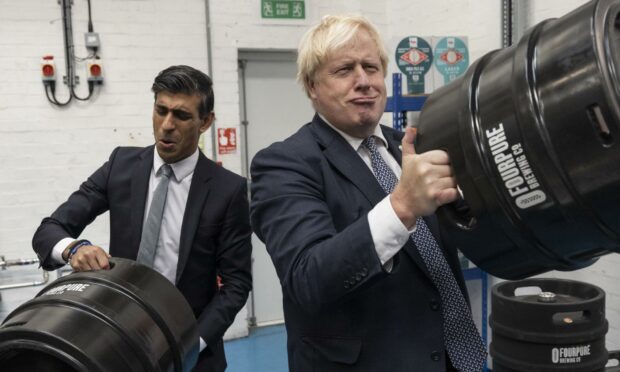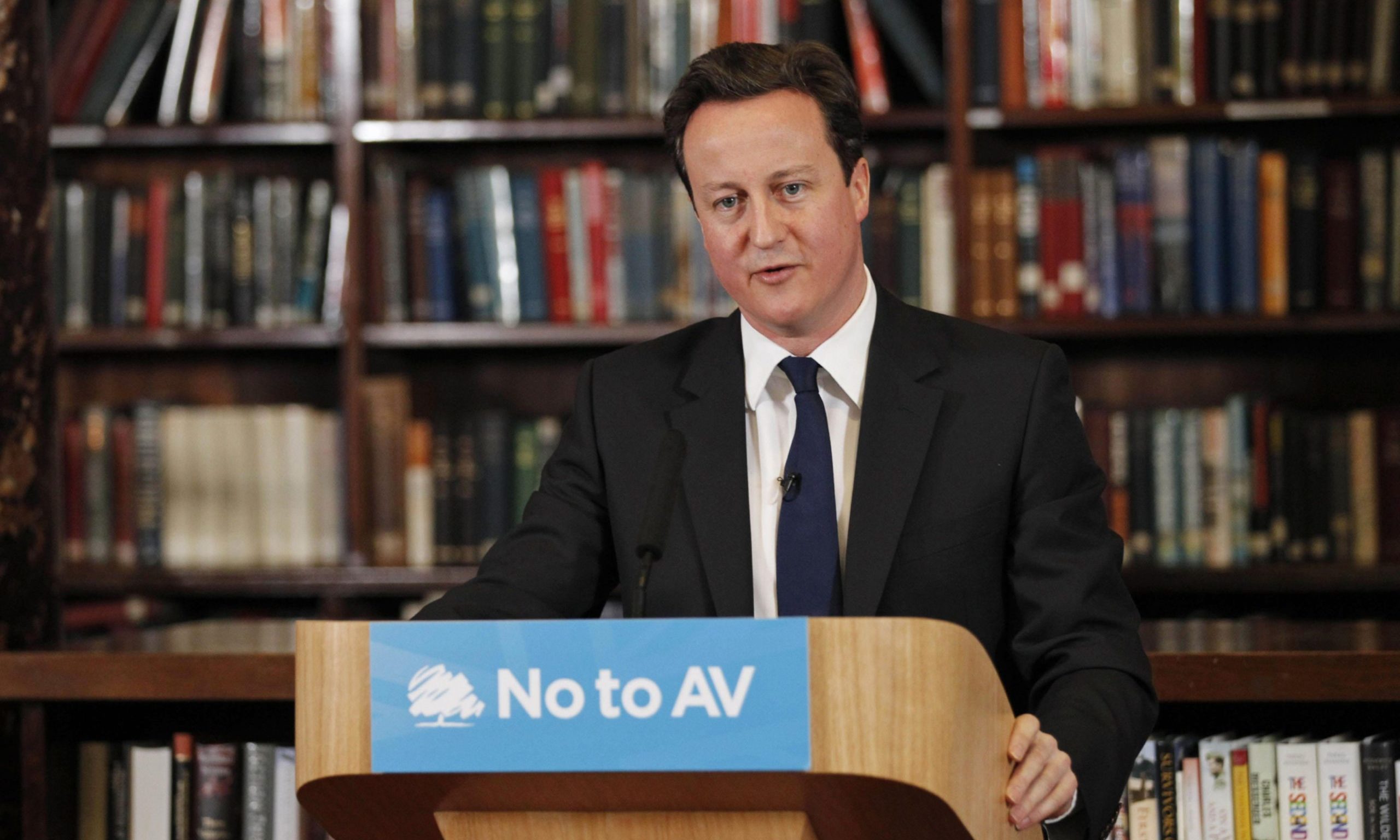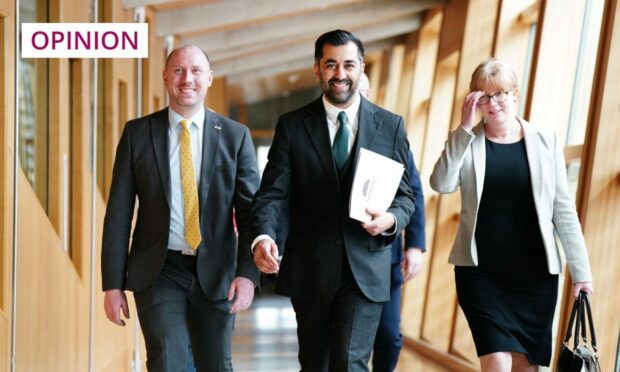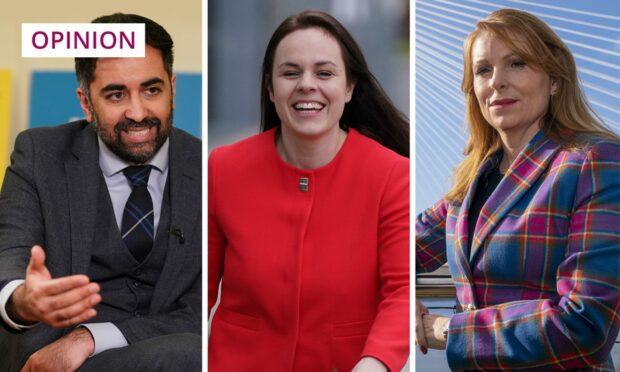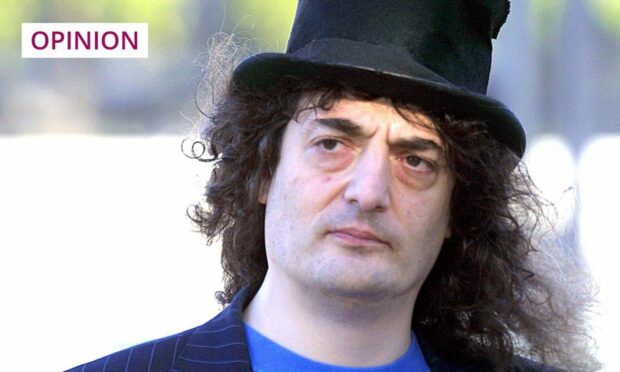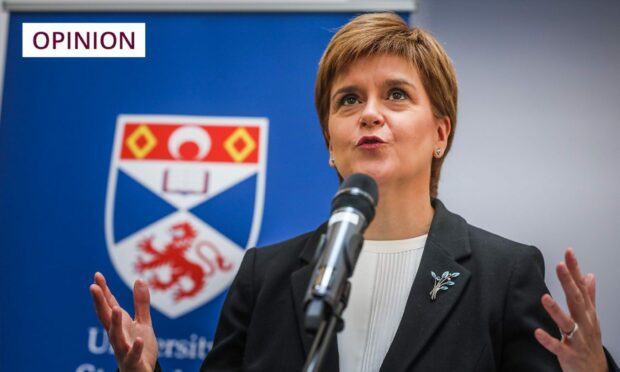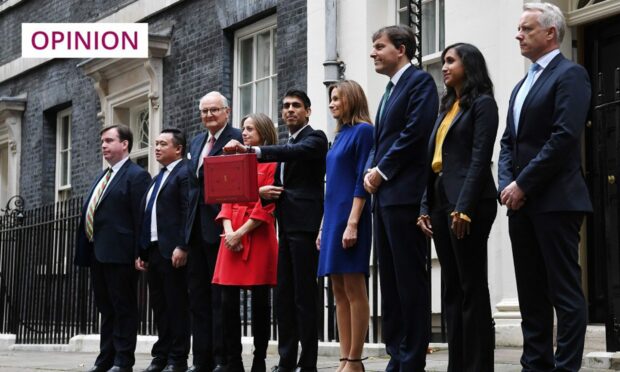One of my ongoing bugbears is the type who, sipping fresh coffee from the Gaggia Deluxe in the well-appointed kitchen of their comfortable home in the leafier part of the city, self-identifies as working class.
These people – we all know them – are, by every definition, middle class, and yet maintain a dewy view of the hardscrabble existence of those at the tougher end of the economic scale, and profess themselves kin. Poverty, whether actual or relative, is unromantic, and strictly Gaggia-free.
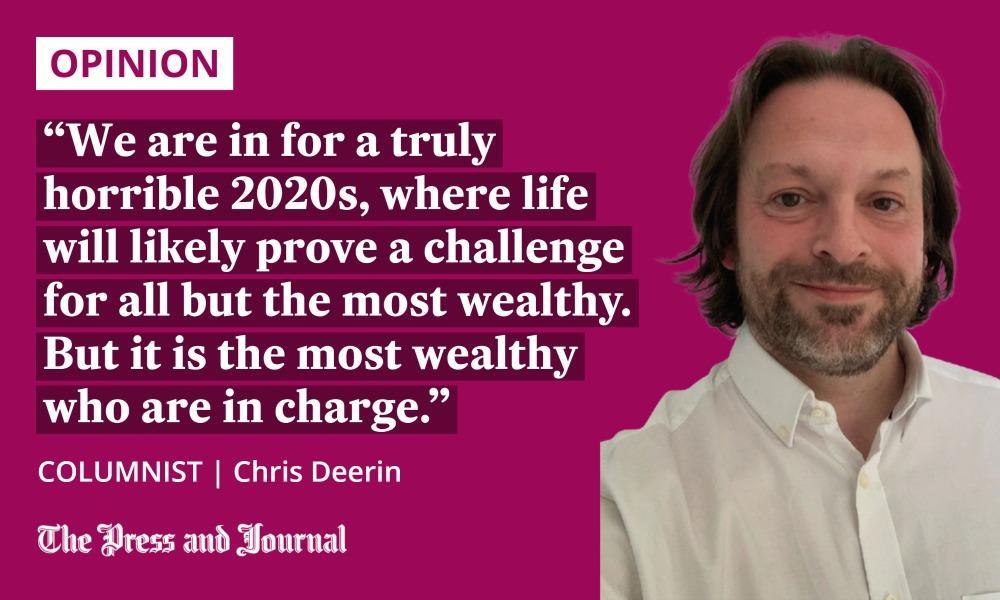
That’s not the same thing as having had a working-class upbringing and having educated or worked yourself out of it. Having genuine experience of what it is to struggle, to face financial and quality-of-life challenges on a weekly or monthly or even daily basis, and having escaped that cycle through your efforts, is valuable and commendable.
For example, it’s hard not to respect David MacMillan, the Scots-born scientist who won last year’s Nobel Prize for chemistry due to his work doing something I can’t quite grasp involving molecules and “asymmetric organocatalysis”.
I remember being 7 years old and watching the man who played Capt Kirk on TV. Today I got the chance to chat with the real life astronaut @WilliamShatner and it was out of this world. Talked about organocatalysis, blue origin & carbon removal and he even said hi to Jim McCusker! pic.twitter.com/eZE6Jjw724
— David MacMillan (@dmac68) November 18, 2021
Prof MacMillan, who is based at America’s prestigious Princeton University and now lives in Hawaii – wouldn’t you? – grew up in Lanarkshire and attended New Stevenston primary and Bellshill Academy. His life journey has taken him about as far from those humble origins as it’s possible to imagine.
He hasn’t forgotten them, though, and has spoken proudly of his working-class roots. He announced at the weekend that his £400,000 Nobel Prize money will be used to help underprivileged Scottish children get to university.
The PM doesn’t understand poverty
The contrast between Prof MacMillan and the ministers currently running the UK government is stark. Boris Johnson went to Eton then Oxford, and has enjoyed a gilded existence of cosseted privilege and protection. Rishi Sunak was head boy at Winchester before going up to Oxford, making millions in the city and marrying a billionaire heiress.
The Resolution Foundation think tank estimates that, as a result of Rishi Sunak’s decisions, absolute poverty is expected to rise by 1.3 million people next year
Lucky them, but it’s a stretch to argue the Prime Minister and his chancellor have much personal experience or understanding of poverty. The same was true of David Cameron and George Osborne, who oversaw long years of austerity while in office.
The background of our leaders may matter less when the economy is firing on all cylinders, when social mobility structures are working, and when the demands on the welfare state are manageable. But we can see they matter more in the midst of a cost of living crisis, with heating and food bills soaring, and when those on the meanest incomes are inevitably bearing the brunt of the storm.
Johnson seems to care about this as much as he cares about anything beyond his own eminence and survival – ie, not much. He is a weak and selfish prime minister, leading a weak and self-interested government that is being pushed around by its most ideologically unforgiving MPs.
In the recent Spring Statement, with Britain’s poor quaking before the coming storm, Sunak’s main wheeze was to promise future tax cuts in order to head off the unblinking right-wingers on the Tory backbenches and cement his prospects as a future PM.
The Resolution Foundation think tank estimates that, as a result of his decisions, absolute poverty is expected to rise by 1.3 million people next year. “Typical household incomes are forecast to fall by 2 per cent across the parliament as a whole (2019-20 to 2024-25), making this parliament the worst on record for living standards,” it states.
The Johnson era has been a miserable experience
We are in for a truly horrible 2020s, where life will likely prove a challenge for all but the most wealthy. But it is the most wealthy who are in charge of the country, and who will make the rules under which the rest of us must live.
Their judgements will be based not on any lived experience of poverty, but on ideology, and on dry data and spreadsheets provided by Treasury ascetics, many of whom similarly followed the private school to Oxbridge to Westminster path. The rage on Labour benches – where you’ll find more of those who worked their way up from humble beginnings – is genuinely felt and growing.
There is a type of noblesse oblige Conservative government that brings a more humane touch to its dealings, but most of the Tory MPs who met this standard were kicked out of the party in 2019 by Johnson for refusing to profess their undying loyalty. It means the Cabinet is woefully insipid and packed with nodding dogs. Under a different PM, they would be nowhere near the big jobs.
The Johnson era has been a miserable experience. Its values are skewed, its agenda inconsistent, and its foremost practitioners unimpressive and one-dimensional. Before things get much worse, the vulnerable need a champion in Downing Street.
Chris Deerin is a leading journalist and commentator who heads independent, non-party think tank, Reform Scotland
